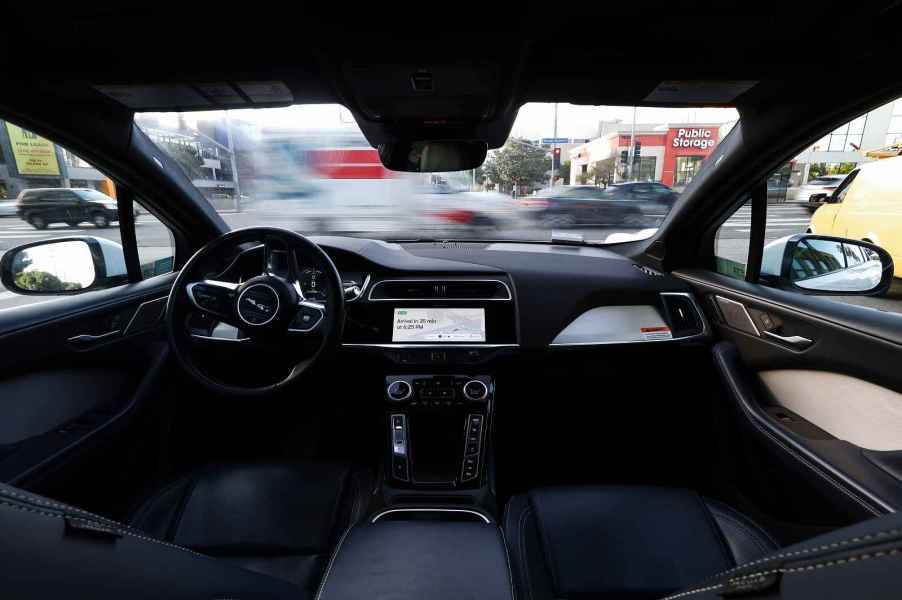
Automakers Will Be Cited for Driverless Car Traffic Violations, California Bill Proposes
On April 25, 2024, the California State Assembly’s Transportation Committee unanimously passed bill AB 1777. There are still steps to go before the proposed legislation is solidified into law. The bill will require car companies to be directly cited for autonomous vehicle (AV) traffic violations. The proposal was created by Representative Phil Ting. Why? He’s attempting to close a tricky ticketing loophole.
Of course, in cases where there’s a driver operating a vehicle, the operator is cited for any given violation. When the car is self-driving, however, responsibility has to fall somewhere, right? Well, the “where?” here is turning out to be a complex question of liability ethics.
Currently, authorities are incapable of ticketing any single person or entity for traffic violations committed by a driverless car. In California, where Waymo and Cruise have operated AVs, violations largely go unpunished. There have been instances of AVs getting parking tickets. Moving violations, however, are more difficult, if not impossible, for authorities to issue.

AB 1777 asserts that people are not responsible for AV violations
Proposed AB 1777 seems to have worked out the riddle. “If an autonomous vehicle does not have a person in the driver’s seat and commits a violation of the Vehicle Code, or has a person in the driver’s seat but commits the violation while the autonomous technology is engaged, the bill would require the manufacturer to be cited for the violation.”
In contrast, the bill confirms that in cases where there is a driver operating the vehicle, the driver would be cited. “If an autonomous vehicle has a person in the driver’s seat and commits a violation of the Vehicle Code while the autonomous technology is not engaged, the bill would require the driver to be cited for the violation.”
Additionally, the bill would require AV automakers to fulfill other requirements, including:
- Maintain a dedicated emergency response phone line available to first responders.
- Equip all AVs with two-way voice communication technology that enables nearby first responders to communicate with a remote human operator.
- Enable AVs to receive messages from first responders to leave or avoid an area. They must follow through within two minutes of receipt of the message.
- Automakers must report each AV collision to the department within five days of the incident.
If an AV manufacturer is in violation of any of the bill’s requirements, the state may take action. It could fully revoke or partially suspend its testing permit. Additionally, the state could enact some custom degree of restriction. For instance, banning the operation of the AV in certain locations, days, times, and/or weather conditions.
If enacted, the legislature would take effect by July 1, 2026. As AVs become more advanced and integrated into U.S. transportation, additional legislature is sure to develop.



